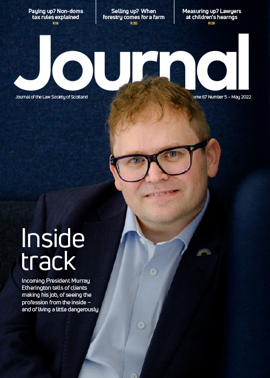Reading for pleasure: May 2022
Fish Swimming in Dappled Waters
Riku Onda (translated by Alison Watts) (Bitter Lemon Press: £8.99)
After the success of The Aosawa Murders, named as the Guardian Best Mystery Novel of the Year in 2020, Riku Onda's 2007 novel has just been translated into English. It's fair to say that Ms Onda doesn't do straightforward.
Hiro and Ali are spending their last night together in their flat before separating. Both have an identical, hidden agenda, to find out what really happened on the hiking trip they took the previous year, and to learn the truth about the mysterious death of their guide. During the few hours that the book takes, we first of all learn the real identity of the dead man. Did he know that they knew it? And was that in any way responsible for his fatal fall?
But then we turn to Hiro and Ali themselves. Are they really the people they thought they were? And have the circumstances which have led to the breakdown of their relationship been as they thought them to be? If that sounds enigmatic, not to say downright confusing, well, that's just the way that our Riku operates. This is an impossible book for a reviewer. The danger is not so much a simple spoiler alert, more a fear avoiding disclosure of all the many twists and turns which unfold in the course of a remarkable evening.
I can't say I particularly enjoyed the book (looking back, I see I wasn’t that keen on the previous one either), but readers possessing more patience than me may admire the quality of writing and the subtle way the story unfolds.
Berlin Exchange
Joseph Kanon (Simon & Schuster: £18.99; e-book £9.99)
Joseph Kanon is perhaps best known for his novel The Good German, which was filmed starring George Clooney.
This book finds us in Berlin in 1963. Former lovers Martin and Sabine find themselves unwittingly together again, but now in East Berlin, where Sabine lives with her husband Kurt and son, who is the young star of a popular East German TV show. Martin has been the subject of a prisoner exchange, exchanges for which Kurt is responsible. The author notes he does not seek to draw on the character of Wolfgang Vogel, who was responsible for such exchanges, most notably that of Gary Powers for Rudolf Abel, as portrayed in the film Bridge of Spies.
This is a far subtler narrative. Martin has committed himself to the East, but is uneasy. He has agreed to work with the East German authorities on their nuclear programme: is it being designed for protective or offensive ends? A delightful narrative develops, with twists and turns on the way. One needs to keep up with these gentle turns as they develop into an engrossing story.






